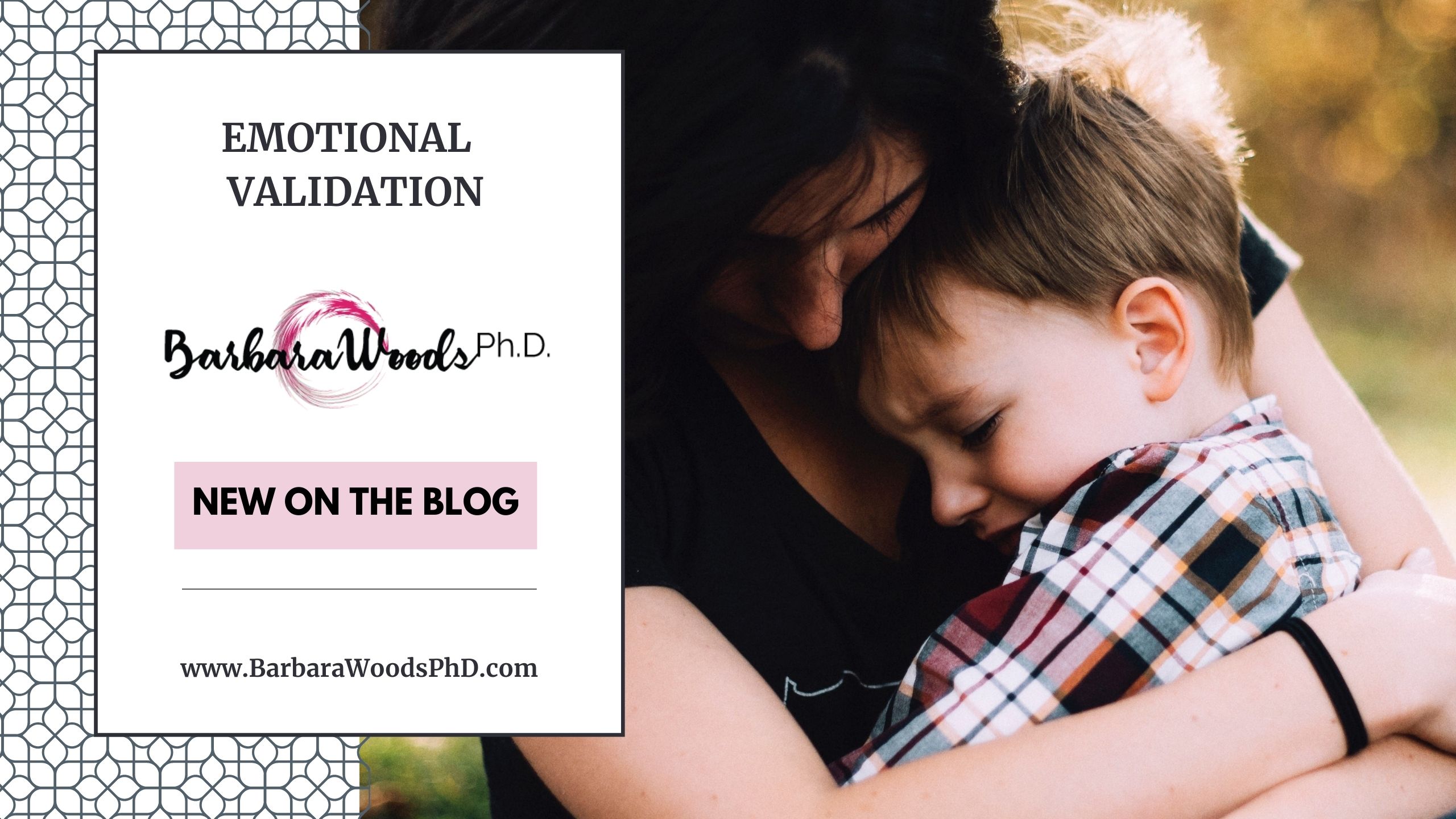
What do you do when a family member or friend has a strong emotion that you don't necessarily agree with? Do you try to convince them to feel differently or do you accept what they are experiencing?
Emotional validation can be a really tough concept when one individual doesn't necessarily agree with the other's emotional response. As a result, there can be a tendency to "invalidate" the other person's emotional experience.
Invalidation of another person's emotions is basically a misattunement. It communicates that the person experiencing the emotion is wrong or their experience isn't acceptable and should change to meet the expectations of others.
When invalidation is a continual pattern in families, it can lead to more extreme difficulties including self-harm, suicidal behavior, and crises. This is due to the impact invalidation has on a person experiencing strong emotions.
Invalidation communicates to a person that their opinion or experience isn't important or doesn't matter. If the individual is dealing with complex issues or trauma, it becomes a secondary type of trauma that creates more and more emotional impacts.
Emotional validation is done by understanding and acknowledging the individual's emotional response. It supports the individual to feel safe and heard which is critical in any relationship.
But what do you do when you don't agree with the emotional response? Emotional validation doesn't have to extend to agreeing 100 percent with the person's emotional reaction. It can be as simple as witnessing and acknowledging their feelings. Therefore, emotional validation can be a simple response like, "I can see that you are really upset by this" rather than "This is horrible and something needs to be done."
The intensity of emotional expressions tends to release when an individual is validated for their experience. It is a way of taking the pressure off and creating a compassionate relationship.
It is common for families to invalidate each other when there are strong emotions. However, this leads to greater emotional distance and inability to handle life stressors. Resilient families have typically developed the skills necessary to acknowledge and validate strong emotions when they arise. This creates greater communication, connection, and relationships.
